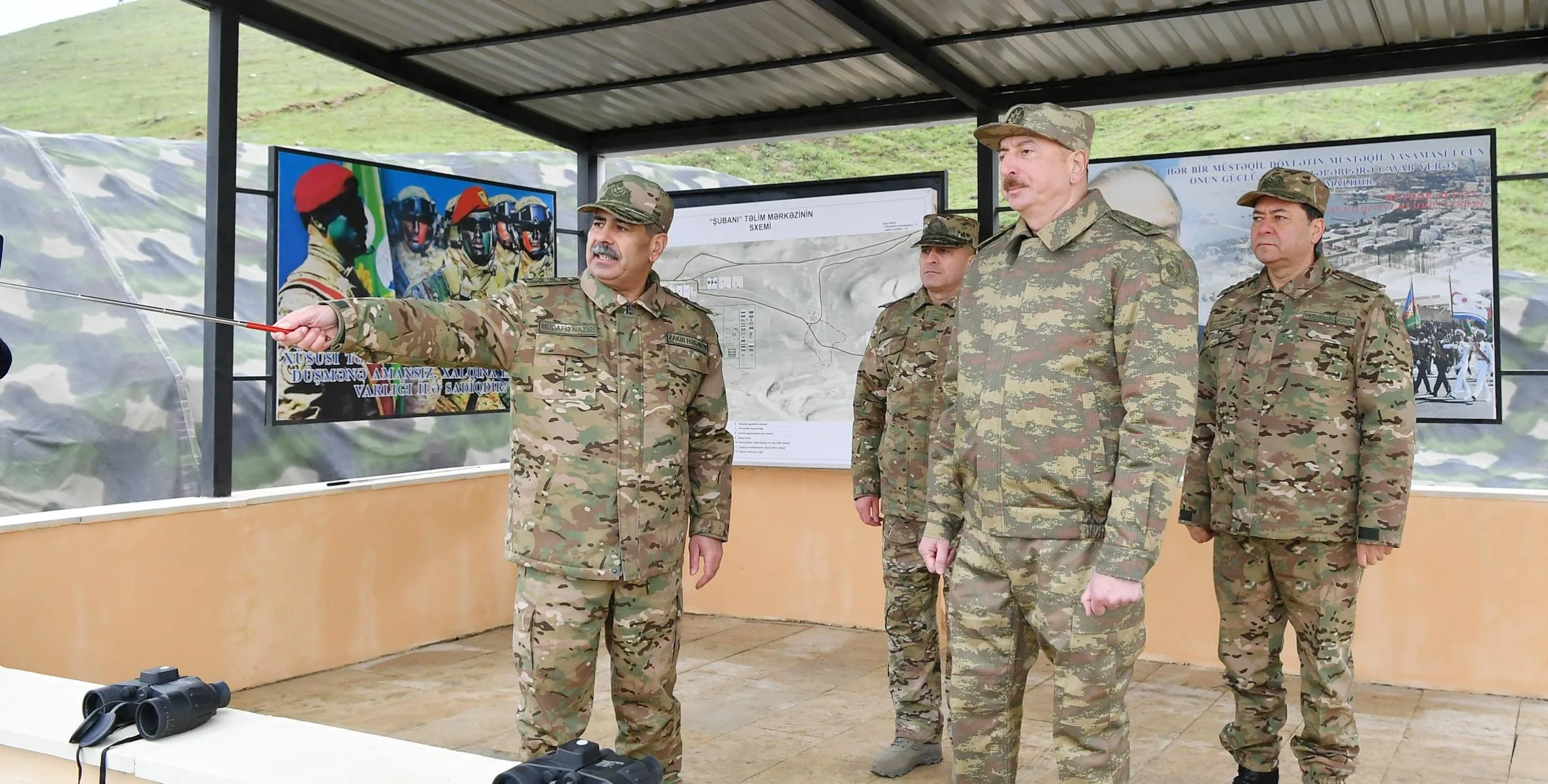By Seymur Mammadov
Snap presidential elections were held in Azerbaijan on February 7, which concluded with an expected victory for the incumbent president, Ilham Aliyev.
According to preliminary results, he received over 92% of the votes, as confirmed by exit poll data and analyses conducted by independent sociological organisations.
According to the official results, voter turnout was unprecedentedly high at almost 77%, with more than 90,000 monitors observing the voting process.
These elections were historic for independent Azerbaijan, as for the first time they covered the entire territory of the country, including recently liberated areas in Nagorno-Karabakh, where 23,000 voters cast their ballots.
In 2003, Aliyev assumed the presidency of Azerbaijan after the death of his father, Heydar Aliyev, at a time when the country had a weakened economy and a long-standing territorial dispute with Armenian occupation, as well as a lack of international standing.
Aliyev’s team strengthened internal stability and the security forces, and initiated a series of reforms to increase citizens’ trust in their government. In recent years, four packages of social reforms have been implemented. Pensions and salaries have been increasing annually. Recently, by presidential decree, all types of pensions were indexed and raised by an additional 11.2%.

Enhancing security measures and stabilising the country’s situation became one of the key achievements of his leadership. The economic progress of the oil-rich country under Aliyev’s leadership has been impressive: the country’s GDP has increased more than ten-fold during his tenure, budget revenues grew thirty-fold and foreign trade turnover has also doubled, according to the World Bank. The country’s economy successfully diversified, with a significant portion of foreign investments directed towards the non-oil sector.
The greatest victory was the restoration of Azerbaijan’s territorial integrity in 2020 and the end of the Karabakh conflict in September 2023, which the international community had recognised as Azeri territory since the 1990s. The end to decades of tension between Azerbaijan and Armenia has opened new opportunities for the country’s development and fulfilled a promise the president made during his inauguration after the 2018 elections.
Why snap elections?
In December, Aliyev announced the decision to hold snap elections, moving them from the planned 2025 to 2024, which sparked numerous discussions and much speculation. The reasons for this step were detailed by the president himself in an interview with local media at the beginning of January, where he highlighted the need for the complete restoration of Azerbaijan’s sovereignty.
The president asserts that the elections symbolise the end of the post-Soviet-era of conflict in the region and the beginning of a new era, marked by territorial integrity, the liberation of occupied territories and the restoration of the country’s sovereignty. “This is the beginning of a new era, and such a significant event should be marked by holding presidential elections,” Aliyev explained.
The second reason is related to the historic moment of holding elections across the entire country, including the recently liberated areas, which represents a new step for independent Azerbaijan. The president emphasises that it is the presidential elections that should be the first in this new context, considering the significance of presidential power in the country and the upcoming tasks on the international stage.
The third reason was the twentieth anniversary of Aliyev’s presidency, in connection with which he deemed it important to evaluate the results of his presidency and set the direction for the future development of the country. Aliyev said that to continue progress, it is necessary to strive for new goals, not just to rest on past achievements.
Looking to the future, one of the main events on the agenda is the upcoming international COP29 summit that will be held in Baku in October. According to the president, the country should focus all resources on preparing for this event, rather than organising elections that originally were slated for later in 2024.
Military action in April 2016 had significantly changed the socio-political context surrounding Azerbaijan’s key issue in the run-up to the previous elections, highlighting the inevitability of a large-scale conflict and the country’s readiness for war. The September 2016 referendum extended the presidential term from five to seven years as part of the preparations for the 2018 elections in this context. In contrast, the elections on February 7, 2024 took place in a peaceful and increasingly prosperous Azerbaijan.
Now the elections are over and the country’s territory restored, Aliyev says he intends to focus on domestic development and international co-operation. The president has a roadmap for further development that will promote sustainable development, improve the standard of living for citizens and strengthen Azerbaijan’s position on the international stage.
Editor’s Note: This article was originally published by Intellinews on February 8, 2024
